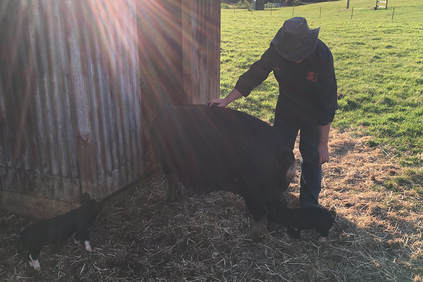 Fork It Farm Lebrina TAS 7254 www.forkitfarm.com.au FB / Insta : FORKitFARM [email protected] "We’re not just getting covered in mud while trying to care for our small patch of land (although we do love that), we’ve also got big ideas. We want to be part of the shift in the way that food is produced and consumed. We believe local, ethical and sustainable farming benefits animals, consumers, farmers, communities, and the earth" - Daniel, Kim and Samson, the farmers at Fork it Farm Each hog share comprises 3kg of forkin' tasty pork per month for six months. Select how many hog shares you require and which payment option suits you. As we believe that none of the animal should be wasted, each share typically includes a range of cuts from roasts and chops, to bacon and hocks. So why did we choose this model? It is the best way for us to get our food directly to you and gives us the stability to plan our future production. We want our members to be part of the farm and experience how their pork is grown, have a connection with their food and feel reassured that their food is grown ethically. By deepening eaters’ understanding of food production, especially animals raised for meat, we figure on having a bigger impact as you share that knowledge with others.
0 Comments
Ray-Monde Deux farm
Sunbury, VIC, 3429 Website: www.ray-mondedeux.com Social : @raymondedeux John and Tristia Lakey Ray-Monde Deux farm regeneratively, producing ryeland lamb, mutton, salers beef, boer goat and Pinot Noir. Who would have thought that a simple and effective way to let eaters know that you had a good product to sell was by using facebook buy swap and sell sites. Typically these sites help communities redistribute unwanted chattels, couches and cars etc. We have trialled it in the past with our meat packs with mixed success and a fair bit of trolling in return. Once we committed to starting our CSA in May, 2018 we looked at a simple advertising campaign on social media to purchase “views” on instagram and facebook. We post photos regularly on these sites but had not targeted a message to “action” viewers to act on our posts. That changed with expenditure of ~$600 , we asked Social media to place our ads in front people who met some of the following criteria ;within 50km from our address, interested in farming, aged 20 to 60 and initially female. We hoped this group would be most interested in buying farm produce. We considerably increased our followers but were recruiting eaters too slowly. We switched our focus to local Buy Swap and Sell (BSS)sites. Our ad stated up front that :if you want cheap meat stop reading”, that we farmed ethically with land for revegetation & wildlife, as well as information about our livestock and farming methods with an invitation to visit and look at our farm. Interest exploded. I was fielding dozens of enquiries per hour and the pressure on our CSA sign up page was enough to slow our website. We wondered if we had been hacked. To date we have generated over 12600 visits to our sign up page! This has produced a sign up rate of about 0.5%. About ~20% of sign ups have not responded to confirmation messages and dropped out of the CSA. However we found enough people to sell out of lamb for 2018 and are well on our way to meet our budget for beef sales. Facebook BSS introduced our CSA to 1000s of people, many of the active sign ups opted to collect from us on the farm. In the past buyers not being able to collect from us had been a sticking point for sales. We have set aside a weekend per month for the CSA with collections on Saturday and deliveries on Sundays. Patience is required to nurse enquiries Guest Blog : Will Bennett and Emma Horsburgh
"We're a small, sustainable farm in Central Victoria. As beginner farmers, we raise free range pigs and chickens to supply local communities.” Pig and Earth Farm have just opened up new CSA member shares : head to their website to join and share in this great venture. Pig and Earth Farm Kingston VIC 3364 Website: www.pigandearth.com.au/ FB : www.facebook.com/pigandearthfarm/ Email: [email protected] Instagram: @pigandearthfarm We often get asked why we run a CSA, or even more commonly, what is a CSA? So at the start of our new season, we thought we'd go into it a bit more detail about why we chose a CSA model and .why a CSA model makes the most sense for the long term sustainability of local agriculture. The current state of our food system is geared toward industrial commodity production. Each farm producing the same thing on a large scale that is then funnelled through a small number of processing companies, before ending up on the supermarket shelf. The farmer makes very little money in this transaction, so it's now typical for farmers to receive only enough to cover the cost of production. Meanwhile the companies that break down and re-process the food are making a fortune. The economic squeeze on the farmer leads to land degradation and the abuse of animals. There's a number of reasons for this, but if we use an example of a farmer taking their animals to the market, we can see that once the animals are unloaded, they are basically at the whim of the buyers. And those buyers tend to be one of the 4 or 5 major food companies. I've watched as the same few companies buy every lot of lambs, each one bidding only once so they don't push up the price for the other. The farmer has no control and no reserve on the price they take. The market can fluctuate dramatically, causing uncertainty and stress. In this economic model, its all about more - more animals, means more money, and there is no other way for the farmer to increase the price they receive at the market other than to bring more animals. Aside from being uneconomical for the farmer, our current food system pushes the quality of our food down to what is easiest to store and transport, rather than what is nutritious and delicious. In a society that is obsessed with the spectacle and the image, a carrot that looks like a carrot is better than a carrot that tastes like a carrot. Food buying and consuming has become a chore, something that we have to do to get through the day. But food is more than that, food connects us to our place, it connects us to each other. A CSA is a community. It's a community of eaters and producers, it's people connected via the food that they share and consume together. As Tammi Jonai from Jonai farm says, "It's a from of solidarity, not just another transaction". When we raise an animal, we see it get born, we see it each day, we raise it, we transport it, we butcher it, we package it, we deliver it, and we eat it together; us, you, and every other member of the CSA. Although we may be in different houses, and in different towns, even though we might not know each other closely, and have different views on politics, we're sharing in this animal's life and death, we are connected through that meal, and that's what a CSA really does, it connects us. If you're interested in signing up to our new season, head on over to the farm store now. |
AuthorCSA Network Archives
June 2020
Categories |

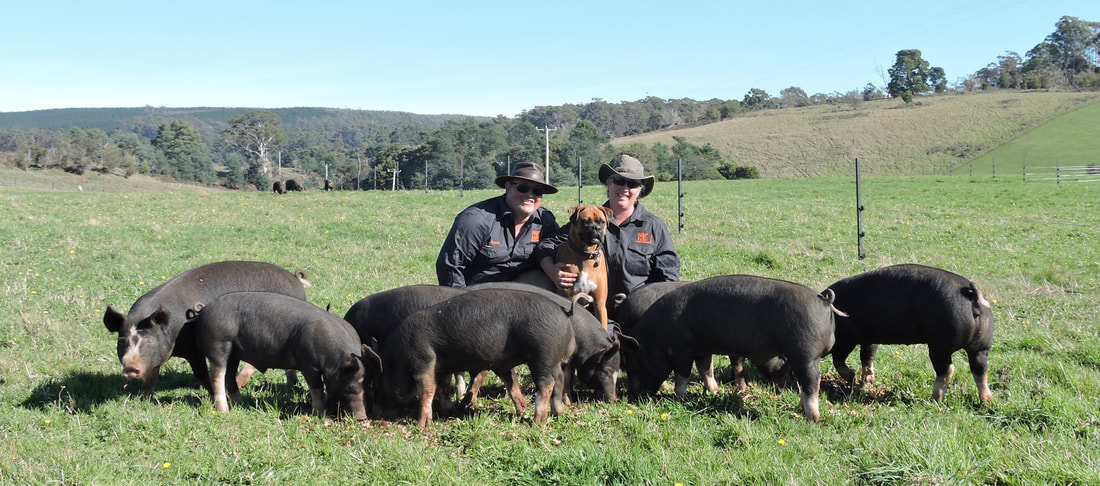
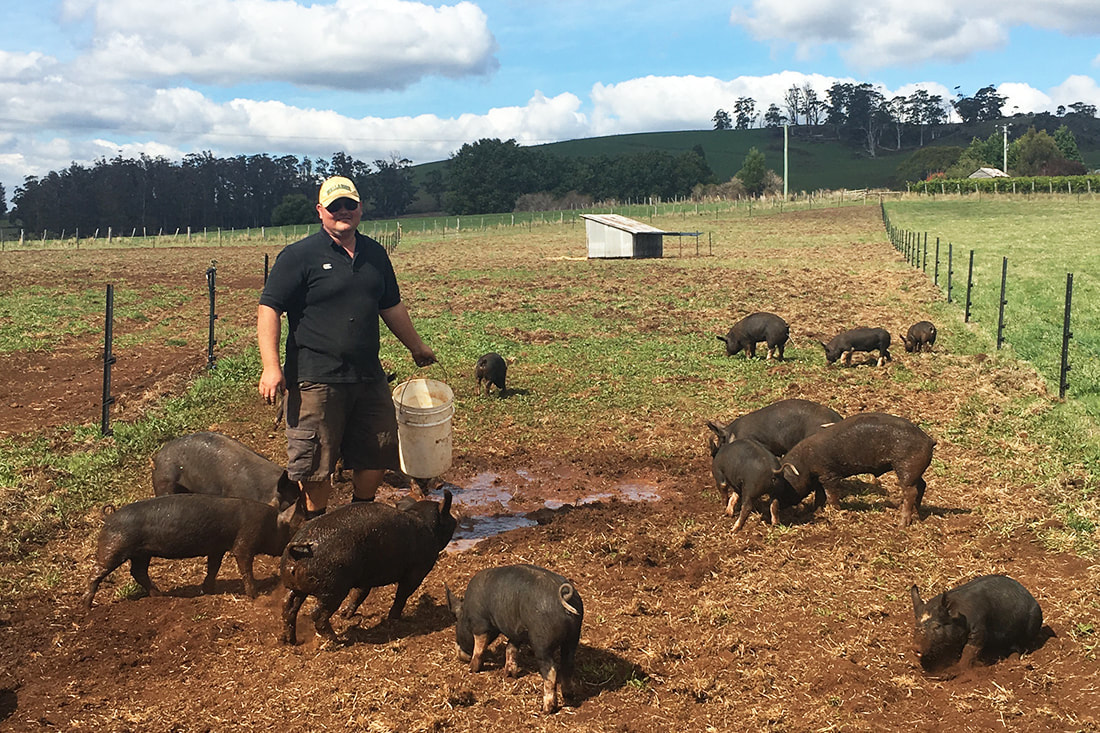
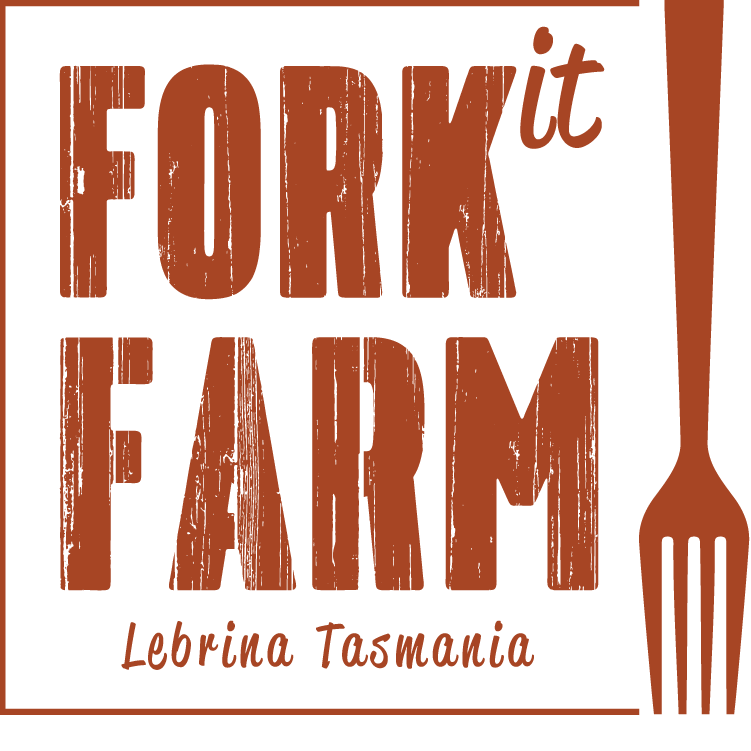
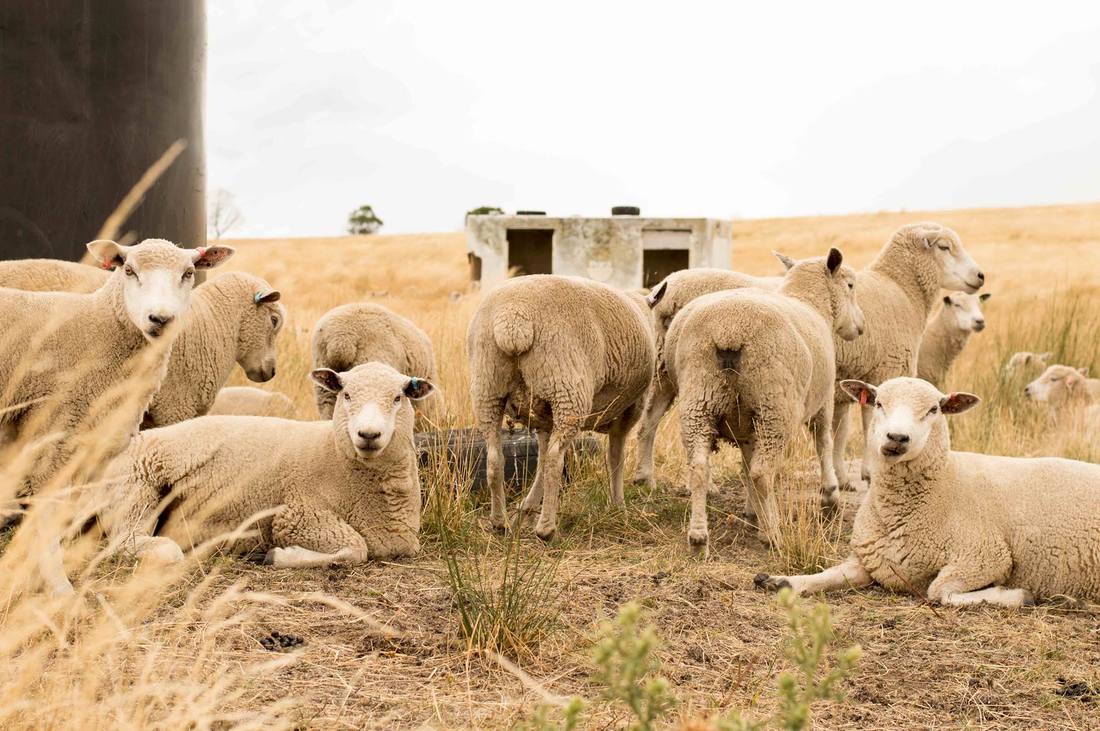
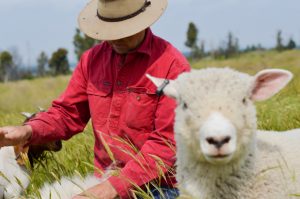
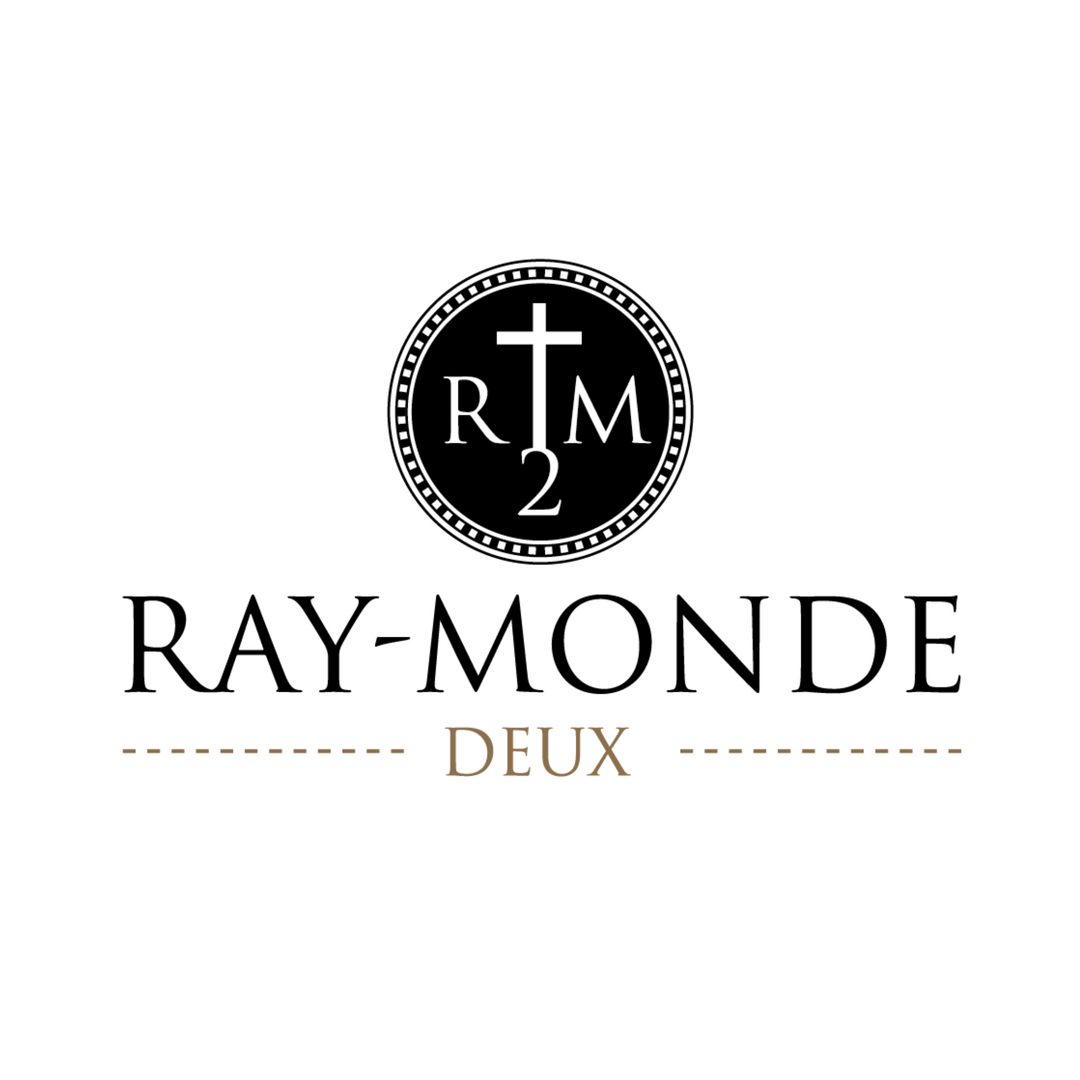
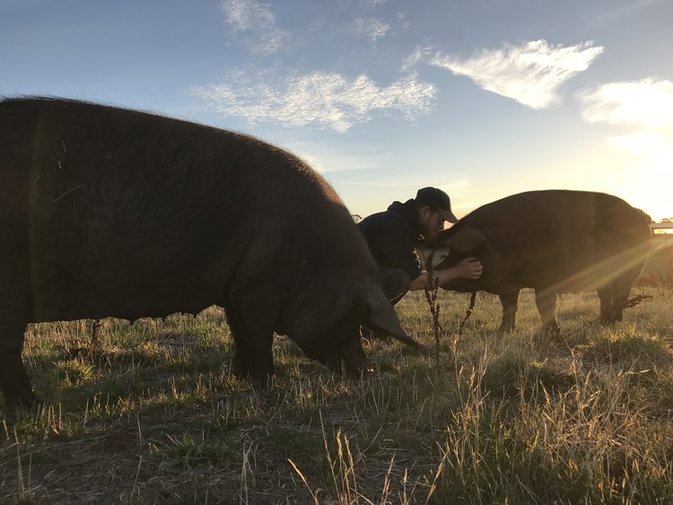
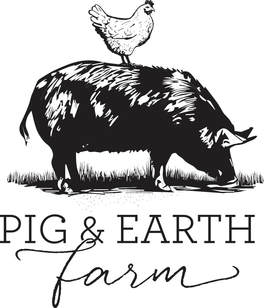
 RSS Feed
RSS Feed
